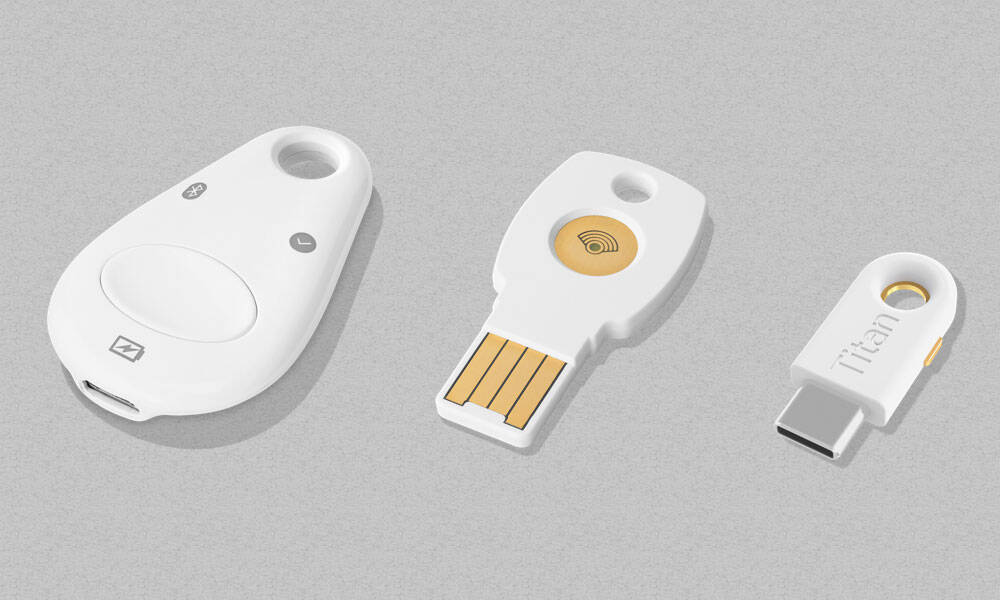
Daily Buzz: Political Campaigns Get Two-Factor Cybersupport
Google teamed up with a nonprofit to keep political campaigns safe from cyberattacks. The effort shows a growing need for security for those who discuss sensitive topics. Also: The data that supports employee onboarding.
To help political campaigns tighten security, Google is partnering with the nonprofit Defending Digital Campaigns to give qualifying political groups free access to Titan Security Keys, The Verge reports. The partnership is a reflection of the growing need for organizations—especially those with a voice in advocacy—to take more cybersecurity measures.
“Campaign cybersecurity has taken on new urgency after 2016, when the Democratic National Committee was hacked after Hillary Clinton’s campaign manager fell for an email phishing attempt,” Kim Lyons writes in The Verge.
The physical security keys provide another level of two-factor authentication to protect Google accounts. The partnership also makes it so campaigns no longer have to set up the security measures themselves, according to Lyons.
Associations may want to take notes. Where some security measures like SMS-based authentication have shown weaknesses, hardware keys such as Google’s Titan Keys are considered reliable devices for two-factor authentication.
The Titan Security Keys are a part of Google’s Advanced Protection Program, which Google says can help protect candidates’ and campaigns’ emails, documents, and contacts against hacking.
“In addition to the physical keys, the program scans documents for malware, provides third-party data access restrictions, and is updated frequently to defend against new threats,” Lyons says.
The Data Behind Onboarding
If you want to build a more dedicated, motivated, and modern workforce, then #employeeonboarding is the answer. Here are a few data-driven reasons why your organization should invest in it. https://t.co/Ci5xvXJHQw pic.twitter.com/lBDGO6Gu4c
— eLearning Industry (@elearnindustry) February 12, 2020
Have you decided against implementing an onboarding program for your employees? You may want to reconsider.
“It’s a new hire’s introduction to the organization and the experience has a significant impact on employee retention,” writes Eric Budd in the eLearning Industry blog. “Strong onboarding is critical for developing a modern workforce that sticks around.”
Budd highlights research from several organizations to demonstrate the effect of onboarding. For example, SHRM found that almost 70 percent of employees are more likely to stay with a company for three years if they experienced great onboarding. Meanwhile, LinkedIn’s 2019 Workforce Learning Report revealed that 94 percent of employees would stay at a company longer if it invested more in their learning.
Other Links of Note
To achieve its goals, your association needs to be organized. Pete Zimek offers tips in the Blue Sky eLearn blog on how to stay on track.
Reaching young members isn’t easy. Higher Logic’s Gabrielle Wathen uses new industry stats to show how associations can improve their communications.
You’ve probably heard of TikTok, but do you know how it can build your brand? Carina Rampelt breaks it down on the Content Marketing Institute blog.
(Google)






Comments